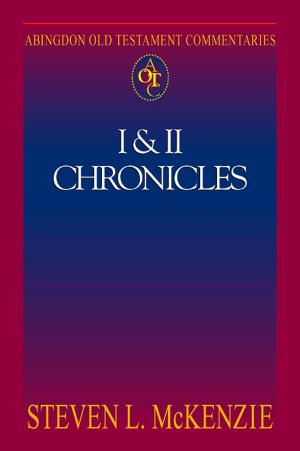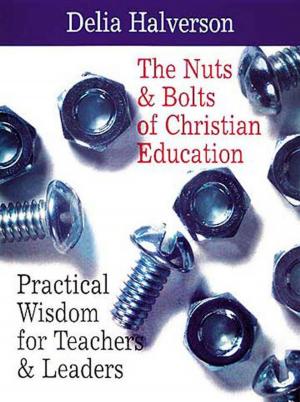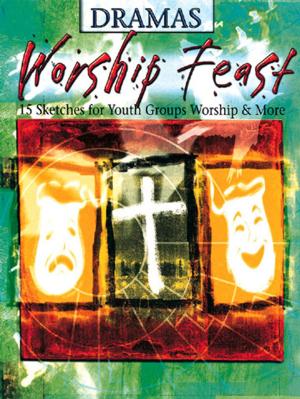Abingdon Old Testament Commentaries: Proverbs
Nonfiction, Religion & Spirituality, Bible & Bible Studies, Study, Old Testament, Commentaries| Author: | Christine R. Yoder, Patrick D. Miller | ISBN: | 9781426759789 |
| Publisher: | Abingdon Press | Publication: | May 1, 2009 |
| Imprint: | Abingdon Press | Language: | English |
| Author: | Christine R. Yoder, Patrick D. Miller |
| ISBN: | 9781426759789 |
| Publisher: | Abingdon Press |
| Publication: | May 1, 2009 |
| Imprint: | Abingdon Press |
| Language: | English |
Proverbs shape our moral imagination.
The Abingdon Old Testament Commentaries provide compact, critical commentaries on the books of the Old Testament for the use of theological students and pastors. The commentaries are also useful for upper-level college or university students and for those responsible for teaching in congregational settings. In addition to providing basic information and insights into the Old Testament writings, these commentaries exemplify the tasks and procedures of careful interpretation, to assist students of the Old Testament in coming to an informed and critical engagement with the biblical texts themselves.
The book of Proverbs invites us into an ancient and ongoing conversation about what is good and wise and true in life. Yoder explores the book through literary, exegetical, and theological-ethical analysis, paying particular attention to how Proverbs shapes the moral imagination of its readers. She highlights the poetics of each proverb, considers similarities and differences between the book’s sections, and ponders how the content, pedagogies, and arrangement of Proverbs contribute to its aim to form “fearers of the Lord.”
Proverbs shape our moral imagination.
The Abingdon Old Testament Commentaries provide compact, critical commentaries on the books of the Old Testament for the use of theological students and pastors. The commentaries are also useful for upper-level college or university students and for those responsible for teaching in congregational settings. In addition to providing basic information and insights into the Old Testament writings, these commentaries exemplify the tasks and procedures of careful interpretation, to assist students of the Old Testament in coming to an informed and critical engagement with the biblical texts themselves.
The book of Proverbs invites us into an ancient and ongoing conversation about what is good and wise and true in life. Yoder explores the book through literary, exegetical, and theological-ethical analysis, paying particular attention to how Proverbs shapes the moral imagination of its readers. She highlights the poetics of each proverb, considers similarities and differences between the book’s sections, and ponders how the content, pedagogies, and arrangement of Proverbs contribute to its aim to form “fearers of the Lord.”




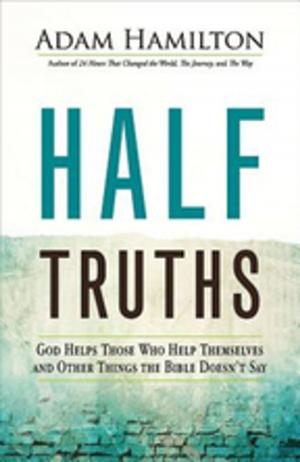



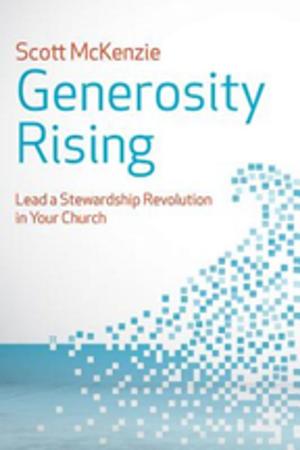
![Cover of the book God Is With Us [Large Print] by Christine R. Yoder, Patrick D. Miller](https://www.kuoky.com/images/2016/september/300x300/9781501820533-j08d_300x.jpg)
